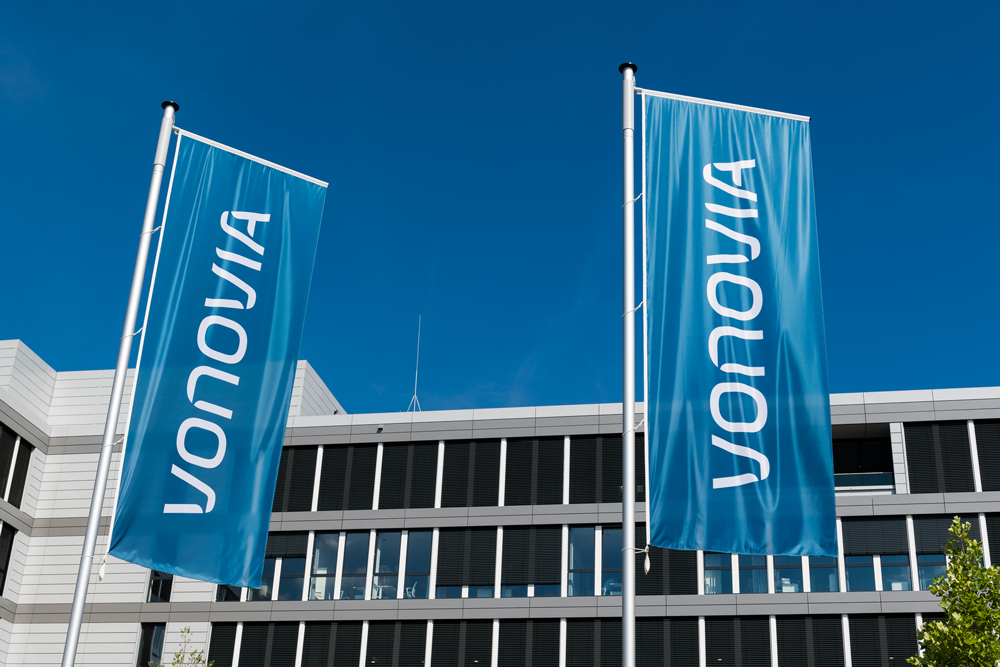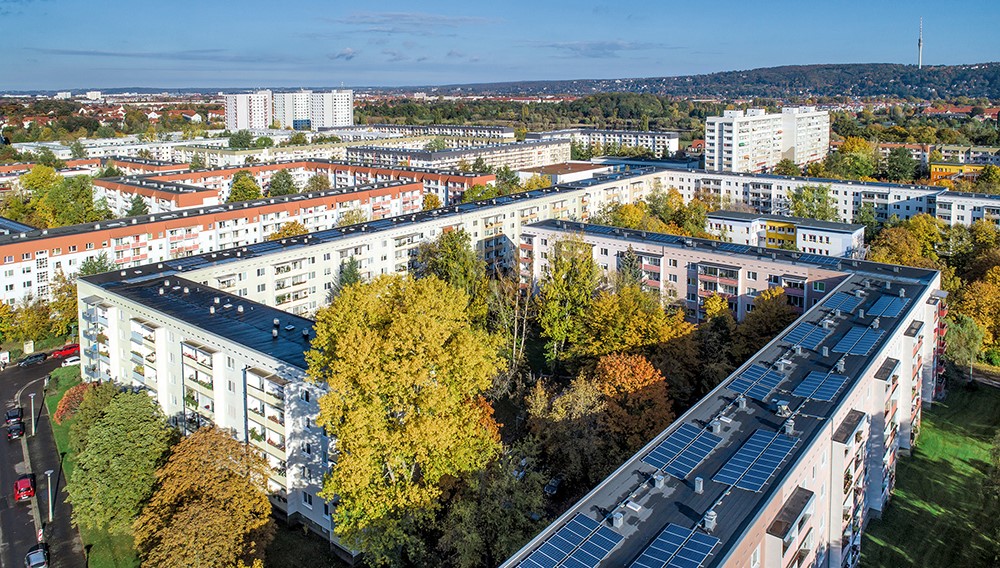Fundamental Information About the Group
Societal Megatrends Defining Overall Conditions on the Residential Real Estate Market
2021 was another year in which the previously unimagined effects of the coronavirus pandemic had the world firmly in their grip. This included the well-known negative effects on national economies, as well as far-reaching psychological and sociological impact. People’s living and working habits are expected to have changed in the long term as a result of the pandemic, although many long to return to what was previously considered normal. In the midst of the fourth wave of the pandemic, with new mutations of the virus continually emerging, it is difficult to predict what economic, political and social developments will emerge or intensify as a result.
In addition to the coronavirus, 2021 once again saw extreme weather phenomena which are believed – so the largely unanimous consensus – to have been caused by global climate change driven by the man-made increase in average temperatures. The catastrophe in the Ahr valley is but one example. Weather phenomena such as heat, drought and fire on the one hand and heavy rainfall, flooding, melting glaciers and rising sea levels on the other cause or aggravate negative economic consequences.
As a result, the demands placed on corporate strategies and business models now extend far beyond the need to generate returns. Companies have to demonstrate the sustainability of their strategies and business models to the public by setting sustainability goals. At the same time, they also have to present the risks associated with megatrends, and with climate change in particular. As a result, companies today have to take into account the most diverse range of stakeholders and what they expect from the company as a social player in terms of information. The shareholder approach is increasingly evolving into a stakeholder approach; companies have to demonstrate their license to operate, as it is often called.
The megatrends that have been evident for some time now, urbanization and the shortage of housing, climate protection and reducing CO₂, digitalization and demographic change, also have to be reassessed in terms of their economic, political and social implications for the company’s strategy and business model in connection with the latest developments in the course of the pandemic.
The aim is to preserve the company’s agility and innovative strength as key skills to address the challenges of the future in the context of the overall conditions for the housing industry.
As part of its sustainability strategy, Vonovia has made a clear and explicit commitment to climate protection targets and a virtually carbon-neutral building stock by 2045 as well as to reliable and transparent corporate governance.



